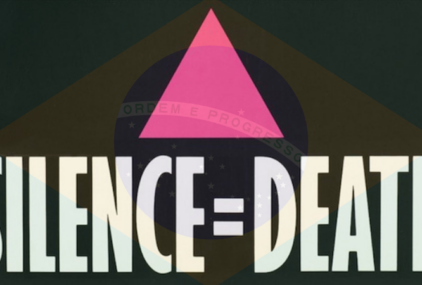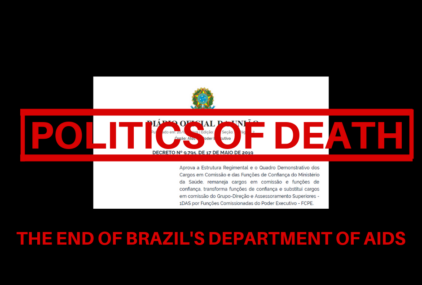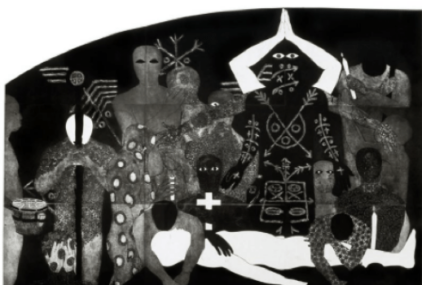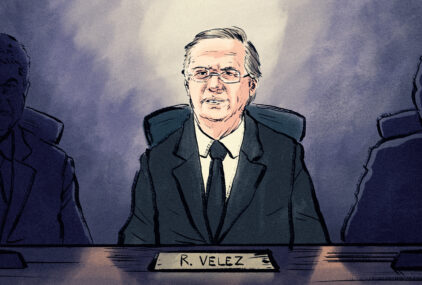Human Rights, Gender and Sexuality: A Minister Who Does Not Play Around
By Rajnia de Vito and Marco Aurélio Prado In a political scene that is thoroughly saturated with sex and gender tropes and memes, Damares Alves,
Health policy: From lull to cataclysm
By Fábio Grotz With regards to the trajectory of the policy response to HIV and reproductive health in Brazil — which, between 1980 and the
Understanding the dismantling of the AIDS response in Brazil
Rio de Janeiro, May 27th, 2019 Brazilian Interdisciplinary AIDS Association (ABIA) After the justifications given by the Ministry of Health for the establishment of the
Politics of Death: The End of Brazil’s Department of AIDS
Brazil’s national AIDS movement – comprised of networks, collectives, CSOs and activists signed below – repudiates Decree N. 9795 (read in Portuguese), released on May
How sexual politics intersect with a shifting global landscape
SPW republishes the article “Reflecting on 2011 events: scattered notes on how sexual politics intersect with a shifting global landscape“, written by Sonia Corrêa, who
Brazil’s Ministry of Education creates a commission to monitor national SATs
The Ministry of Education (MEC) created on Wednesday (March 20th) a three-person commission to assess the national exam whose scores are used to get in
UFMG becomes a target of religious conservative politics for a visiting professor call
By Marco Aurélio Máximo Prado, Professor at the Psychology Department at UFMG In the last few weeks, the Federal University of Minas Gerais (UFMG) has
Brazilian presidential election: a perfect catastrophe?
By Sonia Corrêa Time to mourn Politics is both reasoning and affect. This is how the first version of this essay, written in the immediate aftermath
The Brazilian 2018 Election: A perfect catastophre?
Read Sonia Corrêa’s article on the antecedents, outcomes and meanings of the 2018 Brazilian presidential elections.
Pinkwashing: The promised land beyond the rainbow
Text by Berenice Bento (UnB) published at Outras Palavras, on Dec. 12, 2018. Translated by SPW. Available here. At first glance, nothing seems stranger to










